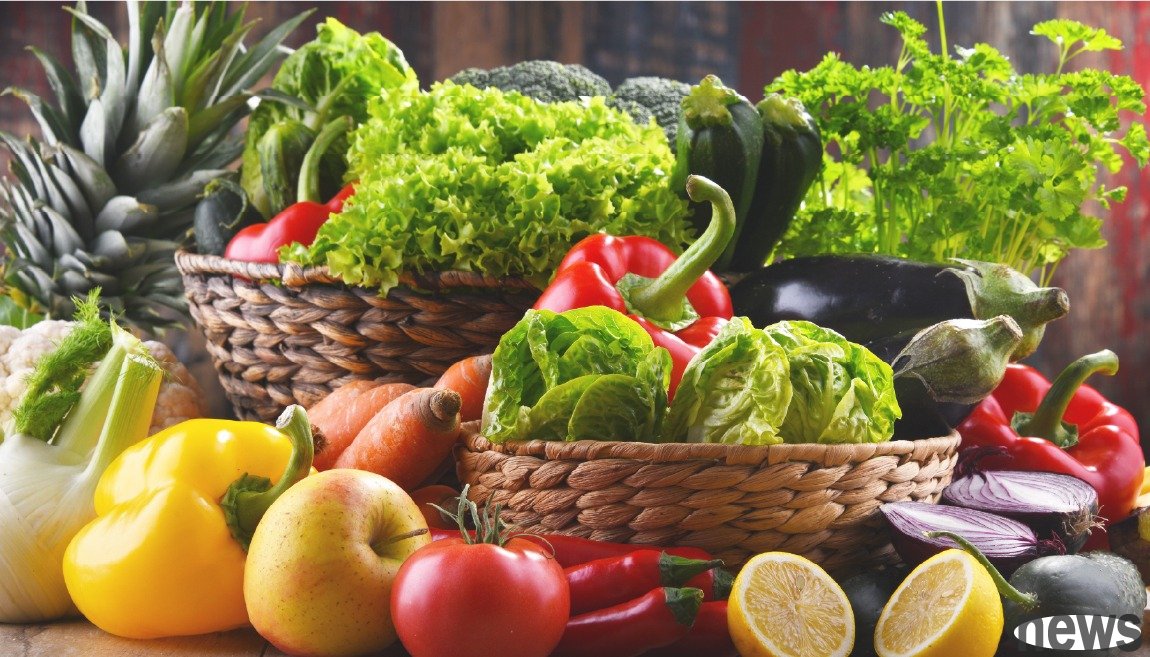
According to the latest data statistics, about 14% of the population in Taiwan are vegetarian, and more than three million people have been counted! Because of this, you should know more about what nutrients can vegetarianism bring to people? What should we pay attention to? Today, [PrimePlus Health Designer] brand nutritionist Sean will tell everyone the nutrients contained in vegetarian foods and the points that need to be paid attention to from the perspective of nutrition!
Vegetarian typesVegetarians are actually divided into several types. According to the Taiwan Law, vegetarian categories include pure vegetarian, eumatin and plant vegetarian. Pure vegetarians mean foods that only eat plant-based sources and do not contain plant-based five-prudentials (spicy, garlic, leek, ginger, and ginger), and will not use any animal-based products, including eggs, milk, etc. produced by animals. Egg vegetarians also eat vegetarians, but they can accept that foods contain eggs, milk (egg vegetarians and milk vegetarians are one of them). The last one is the plant vinyl and milk or egg products that are commonly heard in Taiwan. In addition to eating plant-based foods, you can also accept the plant vinyl and milk or egg products mentioned above.
{9 Let’s have a look together!1. Dietary fiber Dietary fiber mostly exists in all kinds of foods, vegetables and fruits, and is an important nutrient that meat food does not have. According to the recommendations of the Ministry of Health and Welfare, each person should take about 25-35 grams of dietary standards every day to maintain health. Dietary fiber has multifunctional functions such as helping to regulate blood sugar after meals, lower blood sterols to maintain cardiovascular health, increase foot feeling, helping kidney peristalsis, preventing constipation and cancer of the brain.
2. Have you heard of the rainbow diet for phytochemicals? The rainbow diet is to take advantage of various fruit and vegetable ingredients of different colors, just like a rainbow. This is because different colors of fruits and vegetables contain various phytochemicals, such as phytochemicals, anthocyanins, phytochemicals, β-Hussil … etc. The phytochemicals unique to these fruits and vegetables have many beneficial effects on humans, such as anti-inflammatory, lowering pyrosterol, preventing cancer, eliminating free radicals, and maintaining eye health.
3. Vitamin C According to the recommendation of the National Health Administration, the daily intake of vitamin C for adults in my country is 100 mg, and the vitamin C contained in fruits and vegetables is much richer than meat! Vitamin C plays a key role in maintaining human health. It has important physiological functions such as eliminating free radicals and antioxidant, activating the immune system, anti-inflammatory, promoting the synthesis of gelatin proteins, maintaining tight skin, injuring the mouth, promoting iron absorption and improving blood circulation, and hormone production.
Vegetarians need to pay attention to supplementing nutrientsAlthough eating vegetarians have many benefits for the body, some nutrients are also more likely to be lacking by vegetarians!
. Vitamin B12 Vitamin B12 is mostly an animal source, so vegetarians may have insufficient intake! Vitamin B12 can help red blood cells grow and differentiate smoothly. In addition to maintaining a strong red color, it can also enhance the health of the nervous system and make your thinking clearer. If you want to get enough vitamin B12, Sean recommends that vegetarians can choose vitamin B group health foods made from natural yeast.
. Calcium is the most demanding mineral in human body. It is the main component in the construction of bones and teeth. It is also a key nutrient that regulates heart rhythm and muscle contraction and helps blood clotting. Although some vegetables or soy products such as plate tofu, mustard and seaweed also contain calcium, the amount consumed usually takes a lot to meet the body's daily needs, and the oxalic acid and phytic acid in vegetables are also easily affected by the absorption of calcium, so vegetarians are more likely to fall into the calcium crisis than ordinary people. Sean suggests that vegetarians can also consider using natural plant-based sources such as seaweed calcium as daily supplementation.
{twenty one} {twenty two}
Through today's article, do you have more knowledge about vegetarianism? If you haven’t tried a vegetarian diet yet, try eating a vegetarian day for a week and experience the magical charm that vegetarian food brings you!